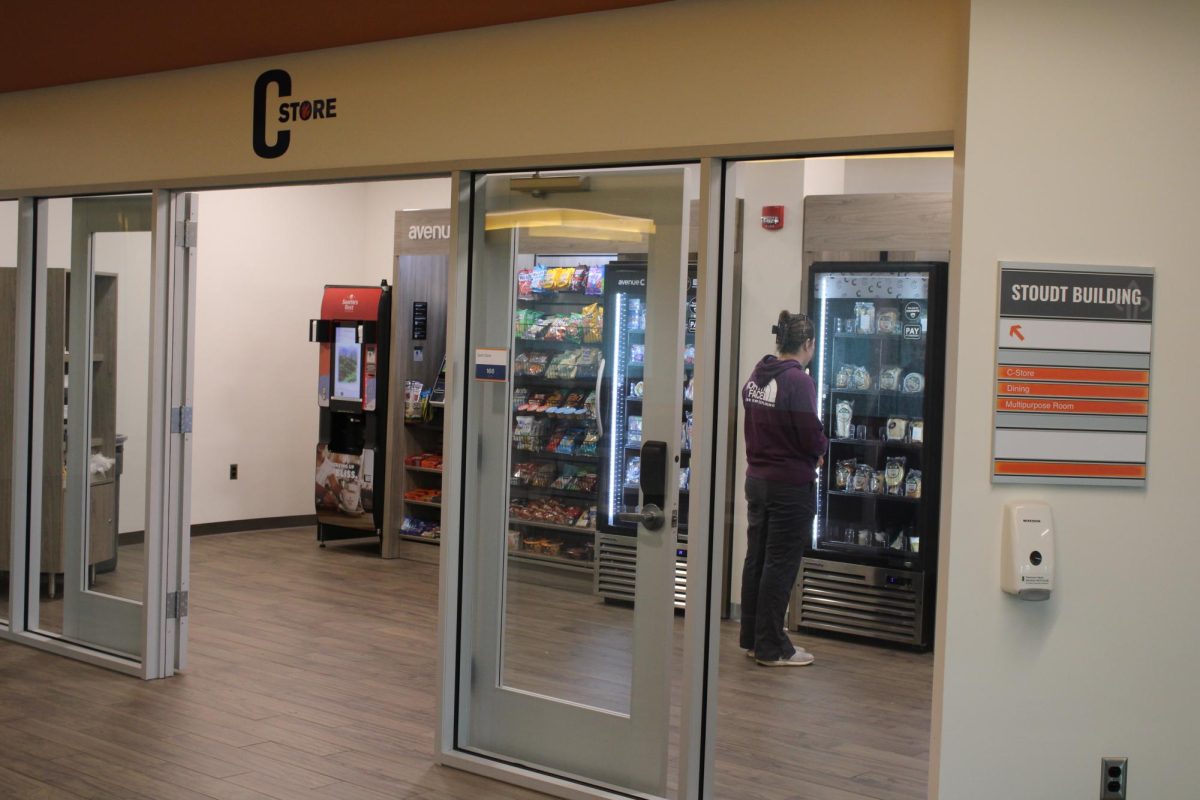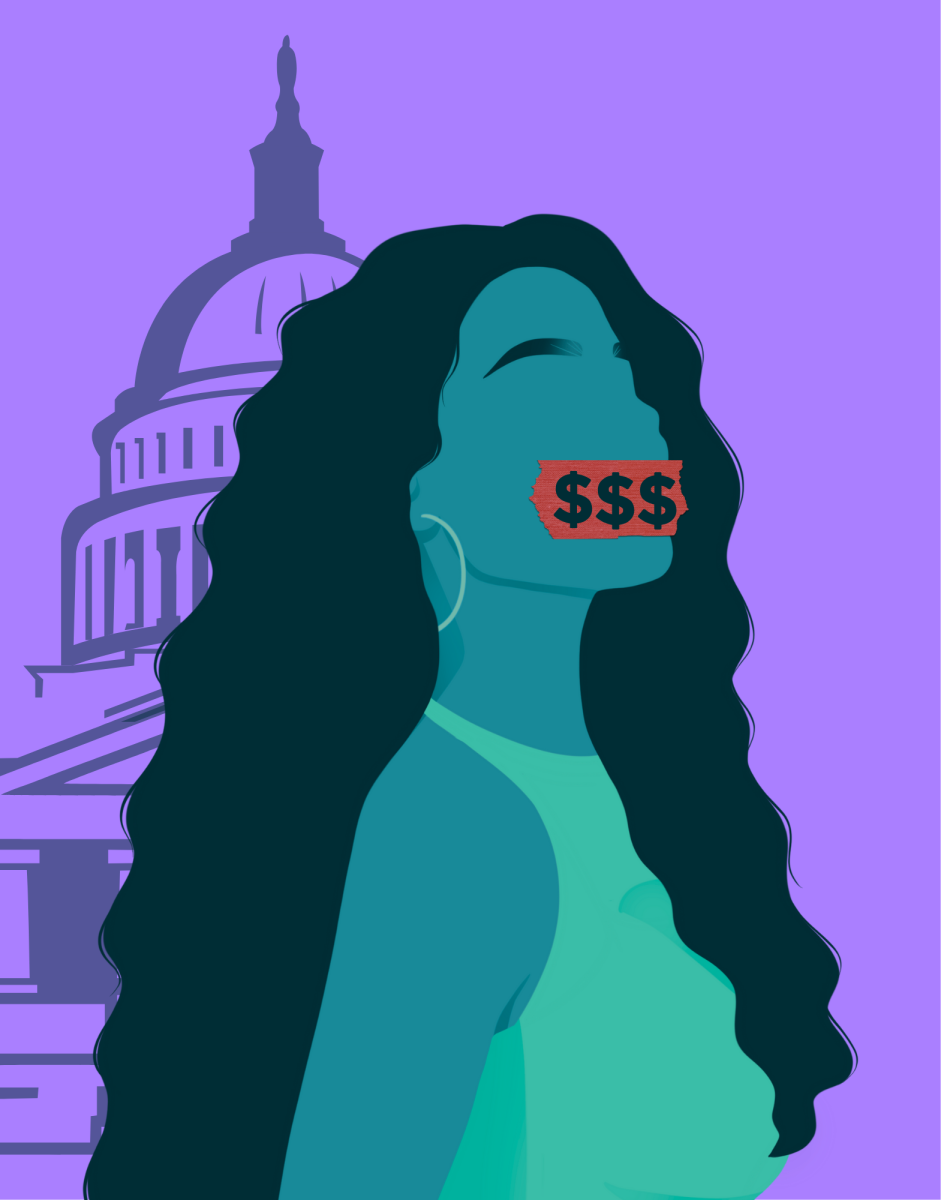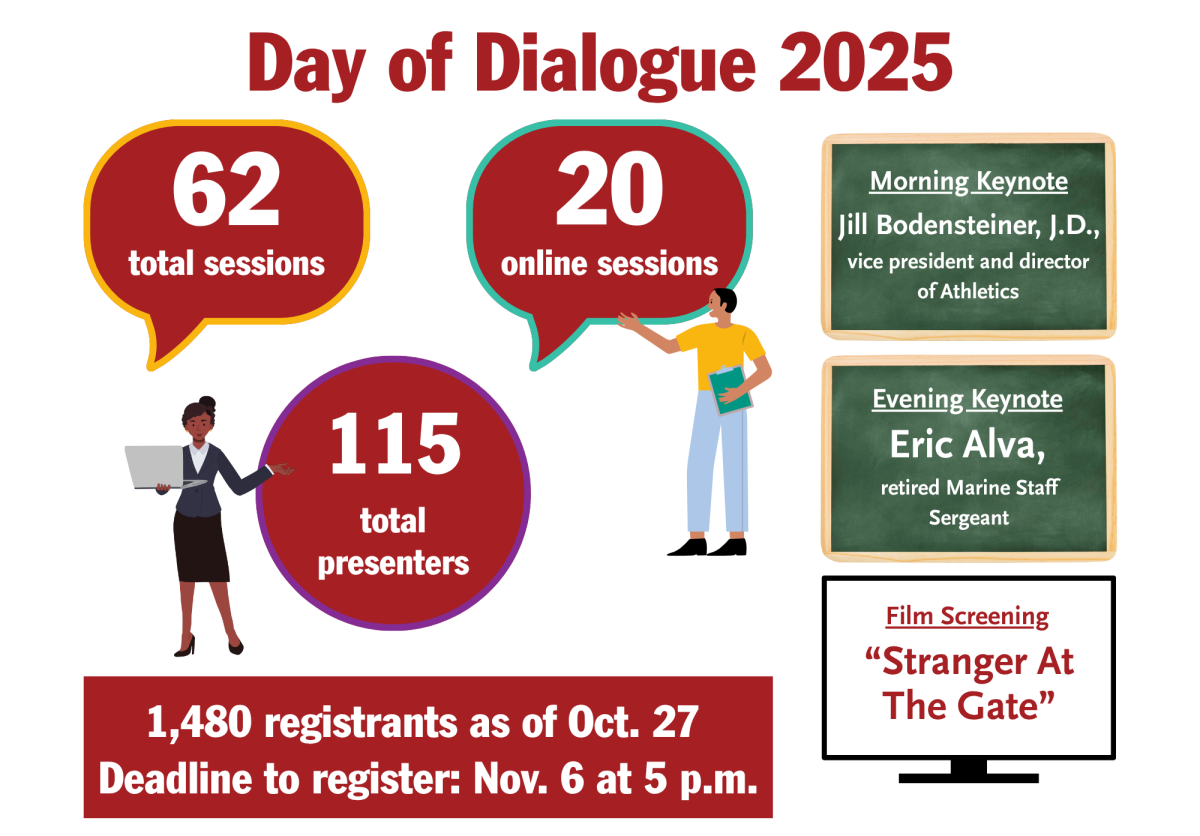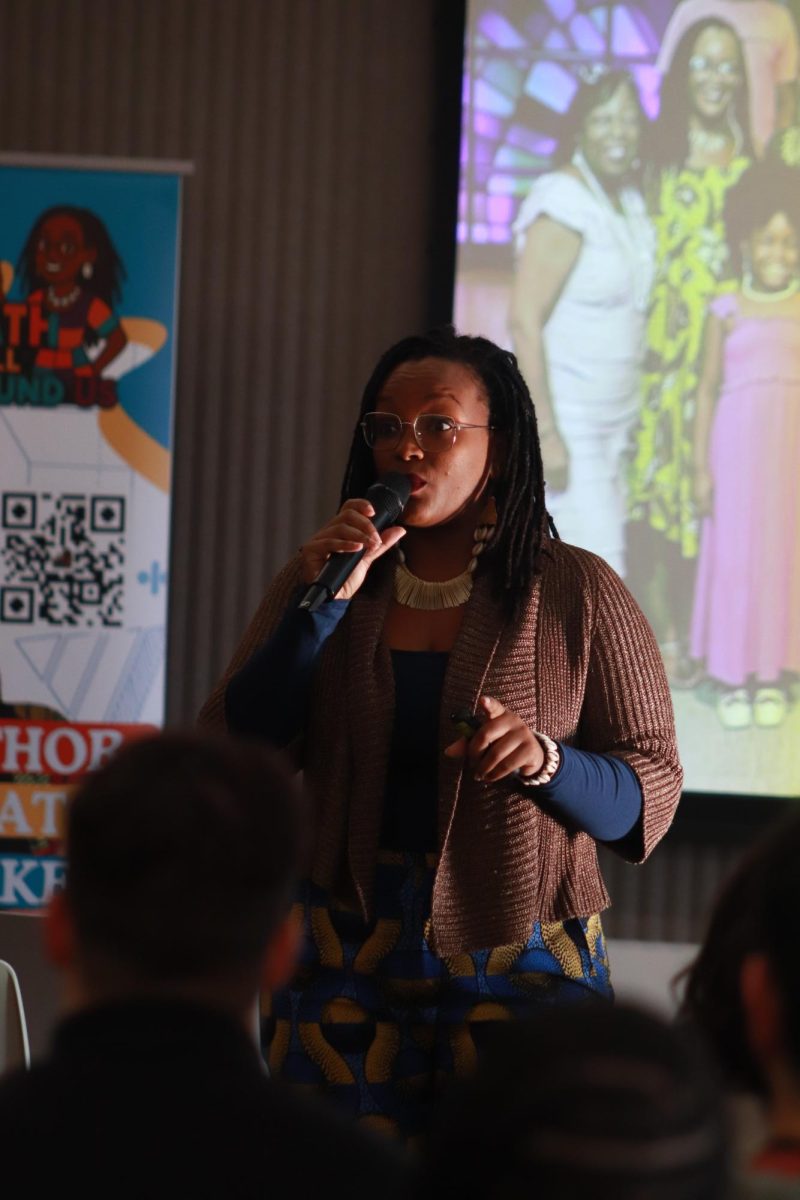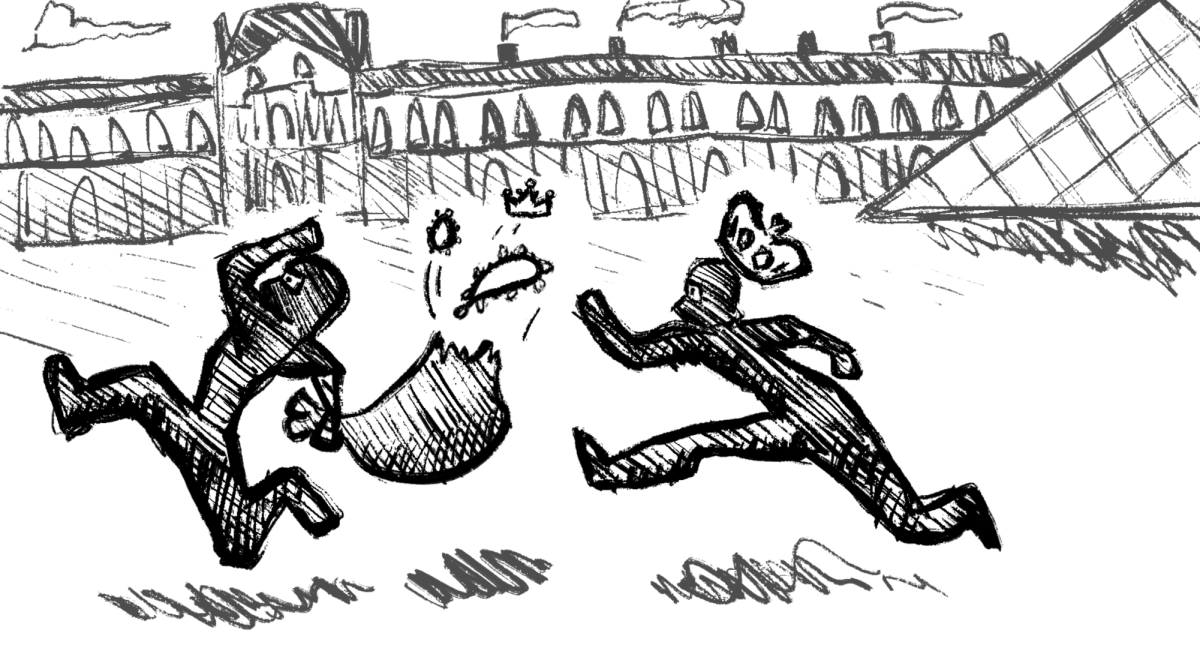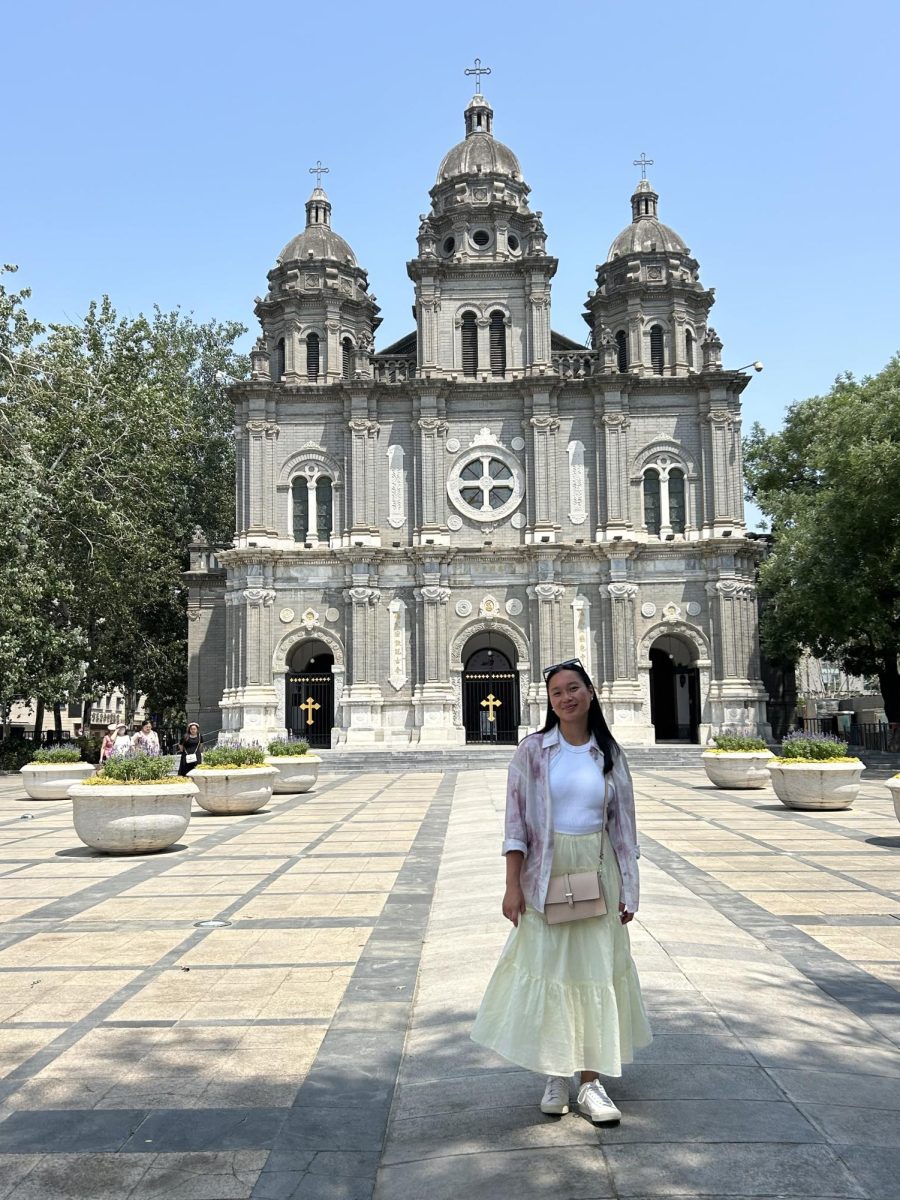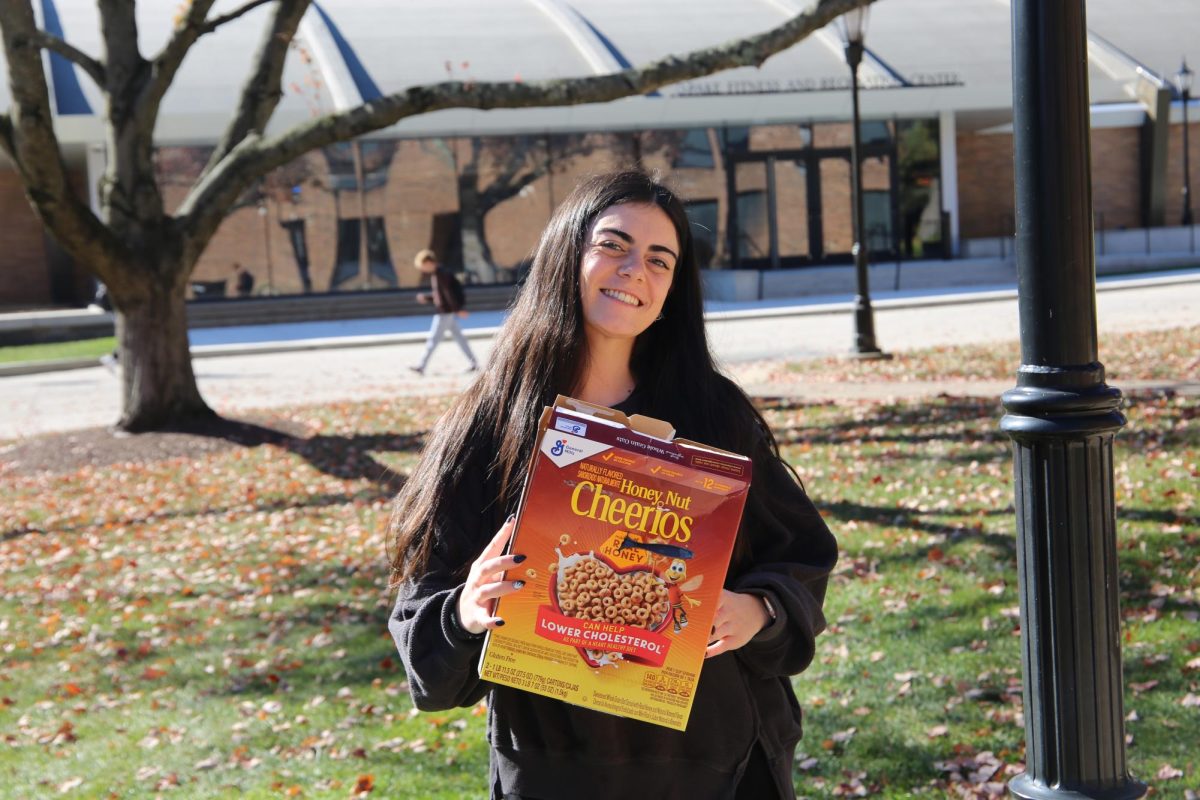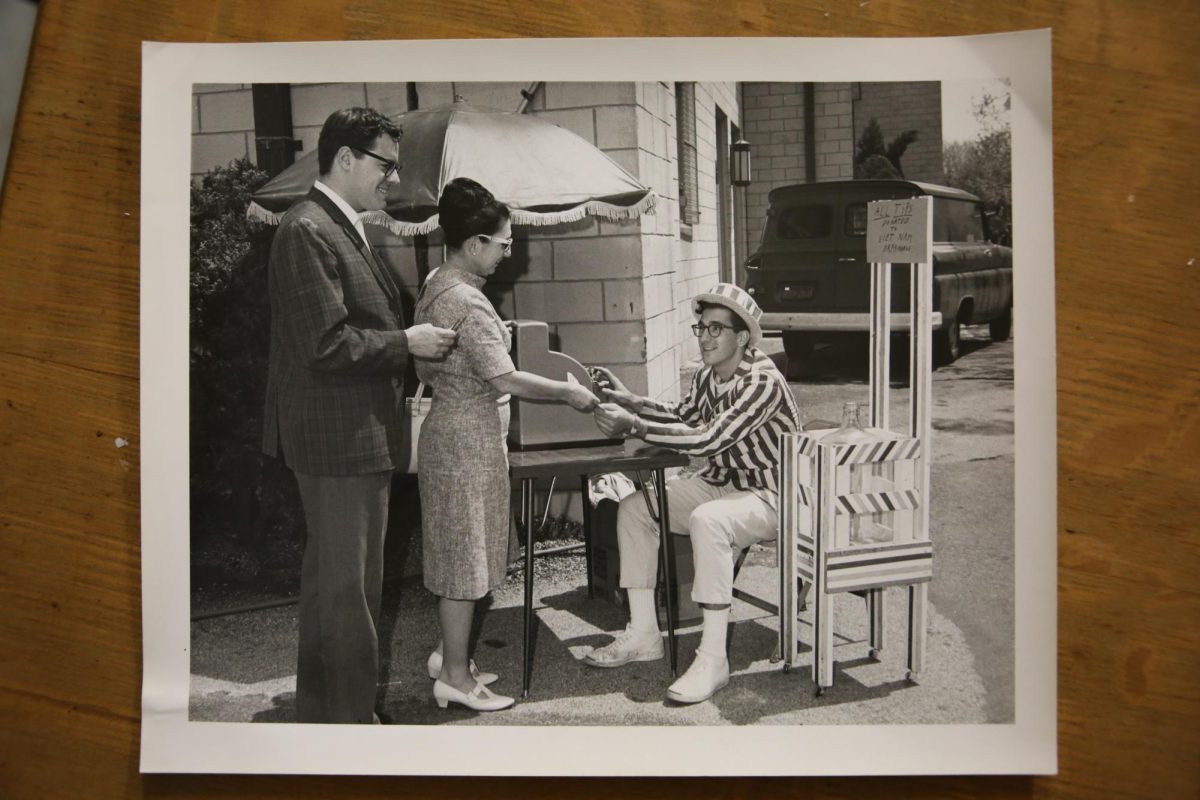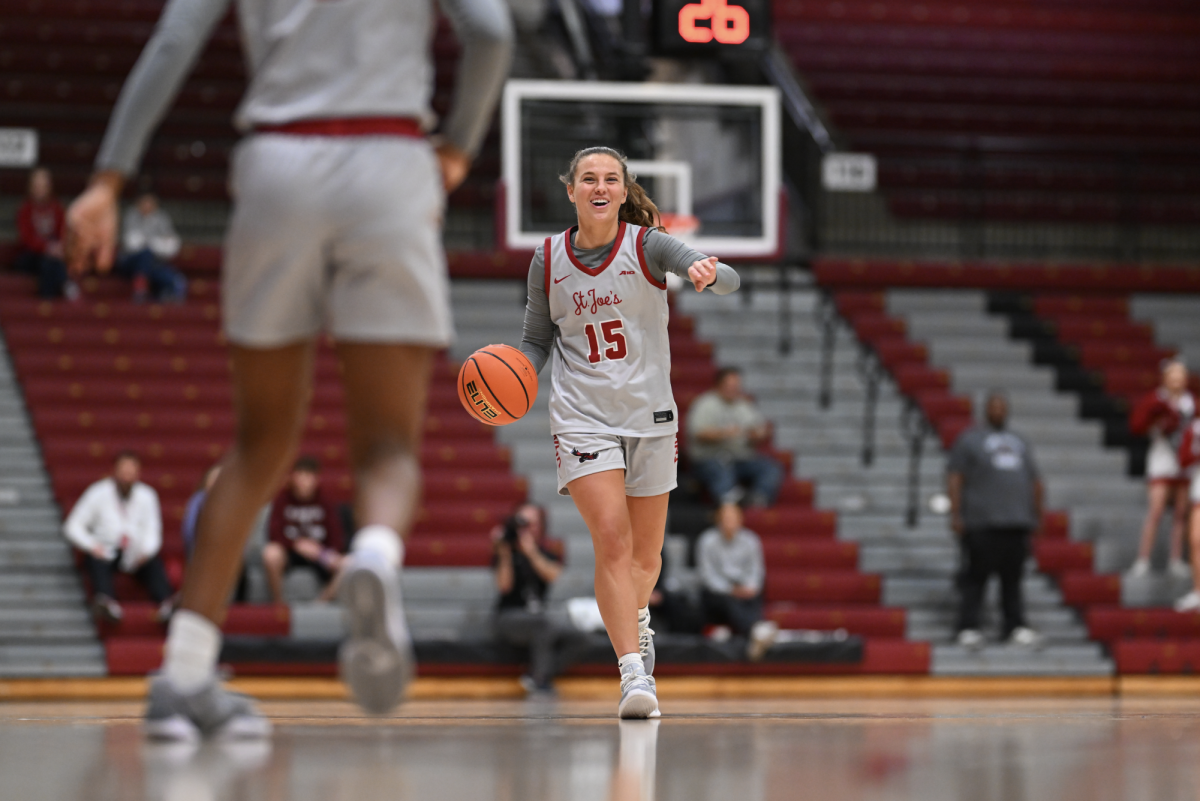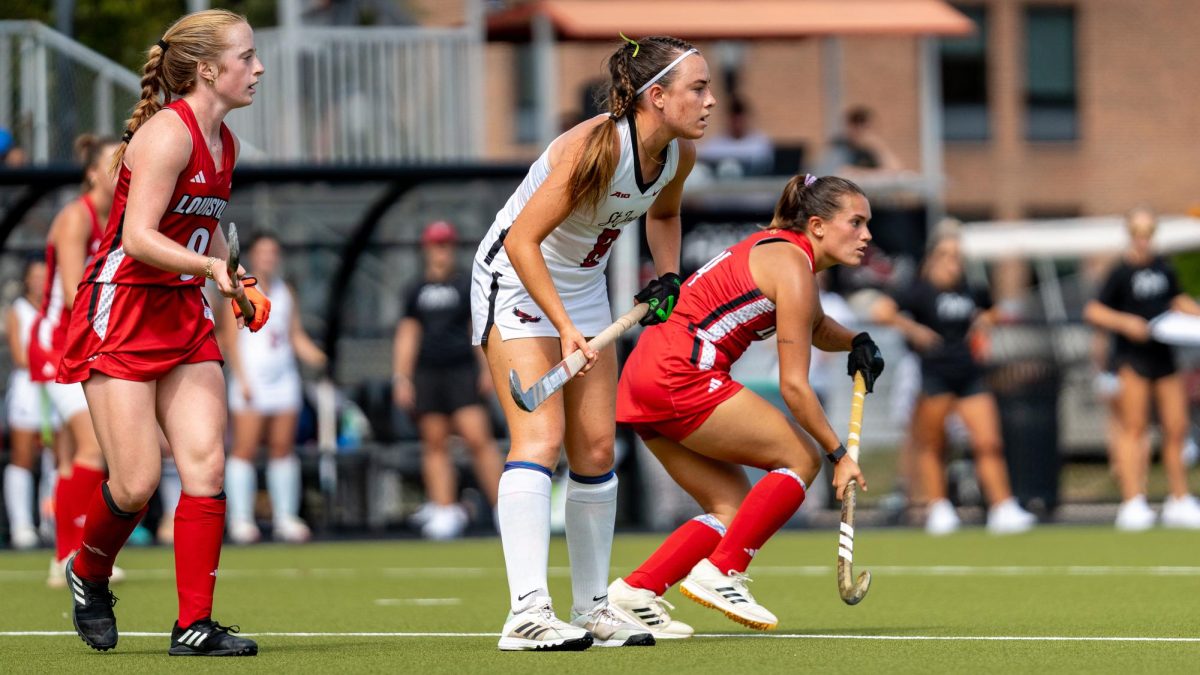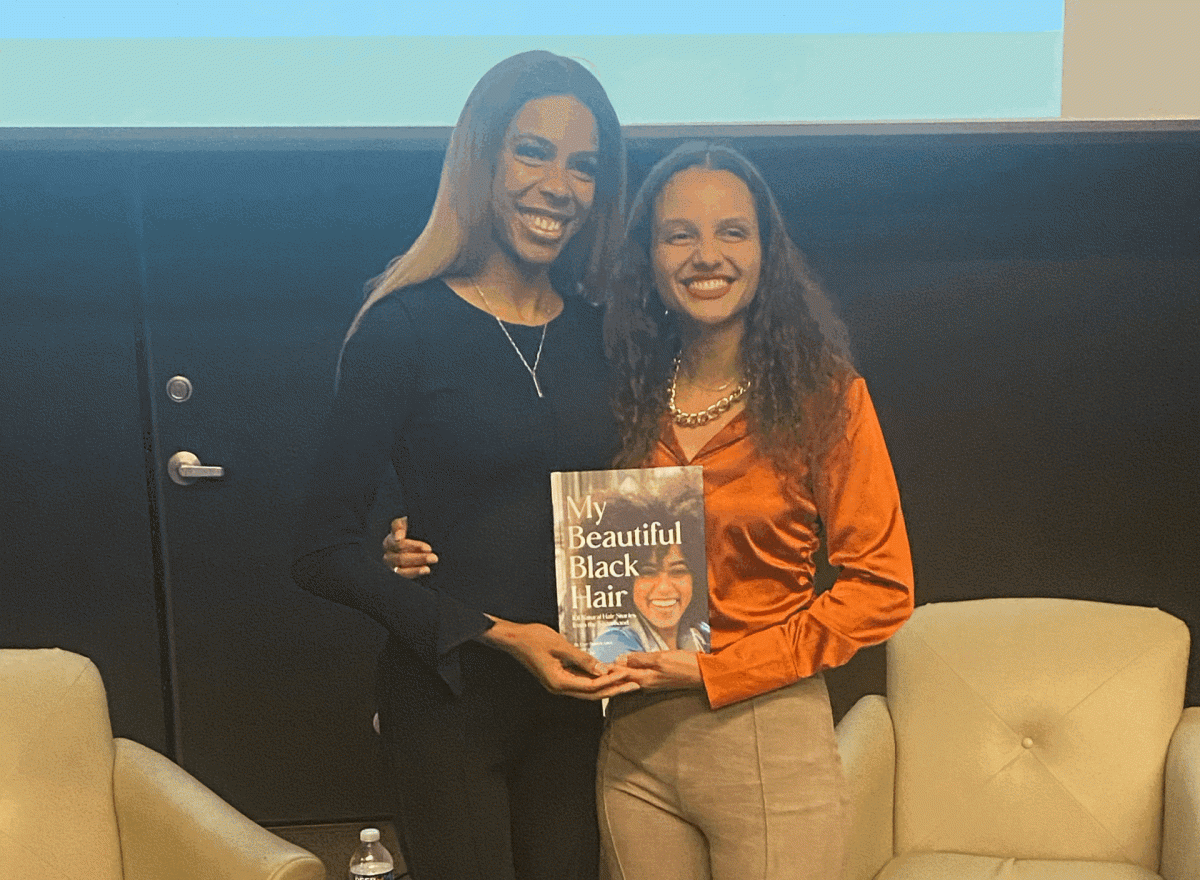St. Clair Detrick-Jules, author of “My Beautiful Black Hair,” spoke about the connection between Black liberation and Black hair at an event in Forum Theatre on the Hawk Hill campus March 28.
About 35 people attended Detrick-Jules’, “Black Hair + Storytelling: Redefining Forms of Social Activism.” It was sponsored by the Center for Inclusion and Diversity (CID), the departments of political science and sociology and criminal justice, SJU Naturals, Women’s Leadership Initiative, The Beautiful Social Research Collaborative, The Coalition of Occupational Therapy Advocated for Diversity and Target.
Detrick-Jules’ debut book, which features 101 Black women and girls with natural hair, is dedicated to her sister, Khloe, who was bullied because of her hair when she was four years old. Detrick-Jules told the story of how Khloe came home crying to her parents because of bullying from her classmates, and Detrick-Jules, a senior in college at the time, knew she had to do something about it.
“I wanted her to first recognize that there is this whole community of Black women and girls who look just like her, who have hair just like her and who are embracing their natural hair,” Detrick-Jules said. “I wanted to show her that self-love is possible.”
Detrick-Jules, who is of Afro Caribbean descent with a white mother, also told the audience about her own hair journey and her transition from a predominantly Black school to a predominantly white school.
“As I got to this majority white elementary school, I became really self conscious of my hair, and I no longer wanted my hair to be seen,” Detrick-Jules said. “I didn’t want it to really be visible because I didn’t think that it was beautiful, and I felt a lot of shame around my hair. I felt a lot of embarrassment around it.”
Olivia Wojtowicz ’23, who has an Ethiopian mother and Polish father, said she related to Detrick-Jules.Wojtowicz grew up attending predominantly white schools, where she endured microaggressions from students and teachers, and said she straightened her hair from sixth grade until her first year of high school. Eventually, her hair began falling out.
“I literally had the back of my head up to here,” Wojtowicz said, pointing to her chin. “The rest of my hair was longer. It was so bad.”
Rima Hill, a St. Joe’s public safety officer, also attended the event.
“I’m over 52 and still trying to embrace natural hair,” Hill said. “I don’t want to put the perms in it and just want to wear a natural afro and love myself with my short-hair fro.”
Hill said she appreciated being around other people who shared this journey.
“It encourages you to want to do the natural thing when you hear other people are trying to do it too,” Hill said.
Hill said she wants Black people to know that they should accept who they are, and that “other ethnicities need to understand that we’re not going to take what they put out there.”
“We’re going to stand strong and that’s what our hair is about,” Hill said. “We’re not going to say, ‘Oh, we have to straighten our hair out because we want to be like them.’ We want to be ourselves and that’s what Black people need to understand. Be yourself. Don’t try to be other people.”
Detrick-Jules said that visibility is important.
“It’s one thing to tell someone, ‘Oh, love yourself, love yourself,’” Detrick-Jules said. “But sometimes you really need to see other people with hair just like yours, right? Just for that to really sink in.”


